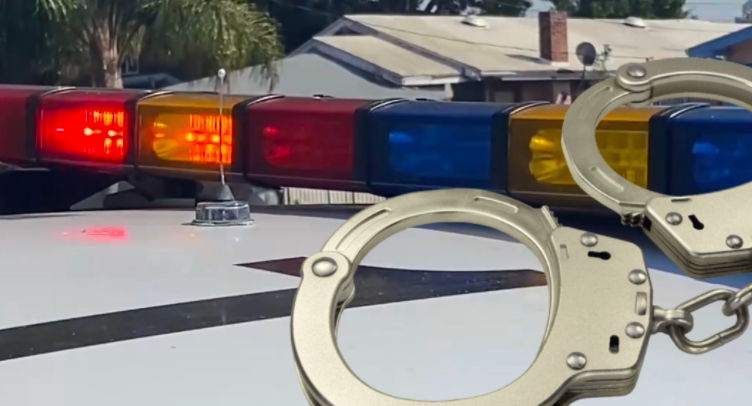Less than five percent of all 2019 police service calls in Oakland involved violent crime, a new study shows.
The study, by AH Datalytics, looked at how the department responded to community requests. The study was commissioned by the Anti Police Terror Project as part of the move to defund police.

In fact, using only aggravated assaults (as opposed to simple assaults) as violent crimes, the number drops to 1.8 percent.
The data is just for one city, but it undercuts the argument that cuts to police budgets will harm efforts to cut violent crime.
“This new data clearly tells us that the vast majority of police time is spent on things we don’t need to pay cops to do,” said Cat Brooks, co-founder of the Anti Police Terror Project and the executive director of the Justice Teams Network. “To actually keep us safe, we must invest in community resources and supports like education, housing, mental health and trauma support and living wage jobs for BIPOC Oaklanders.”
Medical calls – that is, calls seeking help for medical emergencies, mental health issues, or suicide prevention – comprised ten percent of the total calls.
Those, of course, are calls that might better be handled by someone other than an armed officer.
Another 12 percent of calls were related to traffic. And almost 11 percent of the calls were for “disturbances,” which include noise complaints. Again, an area that doesn’t always require a highly paid armed officer.
And yet, 50 percent of the city’s budget goes for the Police Department.
The APTP released its report in part to respond to the city’s Re-Imagining Public Safety Task Force report, issued early in March.
As the new report notes:
The Oakland Reimagining Public Safety Task Force was created in direct response to significant local demand to redirect monies from the Oakland Police Department to programs, support services, and resources that take a holistic view of public safety and focus on addressing the root causes of so-called “crime” rather than relying on militarized policing and a violent and cyclical carceral state.
Task Force Advisory Board members dedicated thousands of collective hours to develop these recommendations. These volunteers offered their time, energy, passion, innovation, care, and commitment to push Oakland into the 21st century as it relates to public safety and how Oaklanders, specifically BIPOC Oaklanders, are seen and treated by the entity whose motto it is to protect and serve while we simultaneously work to dismantle and replace that institution with something more just, equitable and humane.
I don’t have national data on this, but I suspect that in big cities the pattern is probably similar: Most of the calls for police officers involve situations that don’t require police officers to respond.




